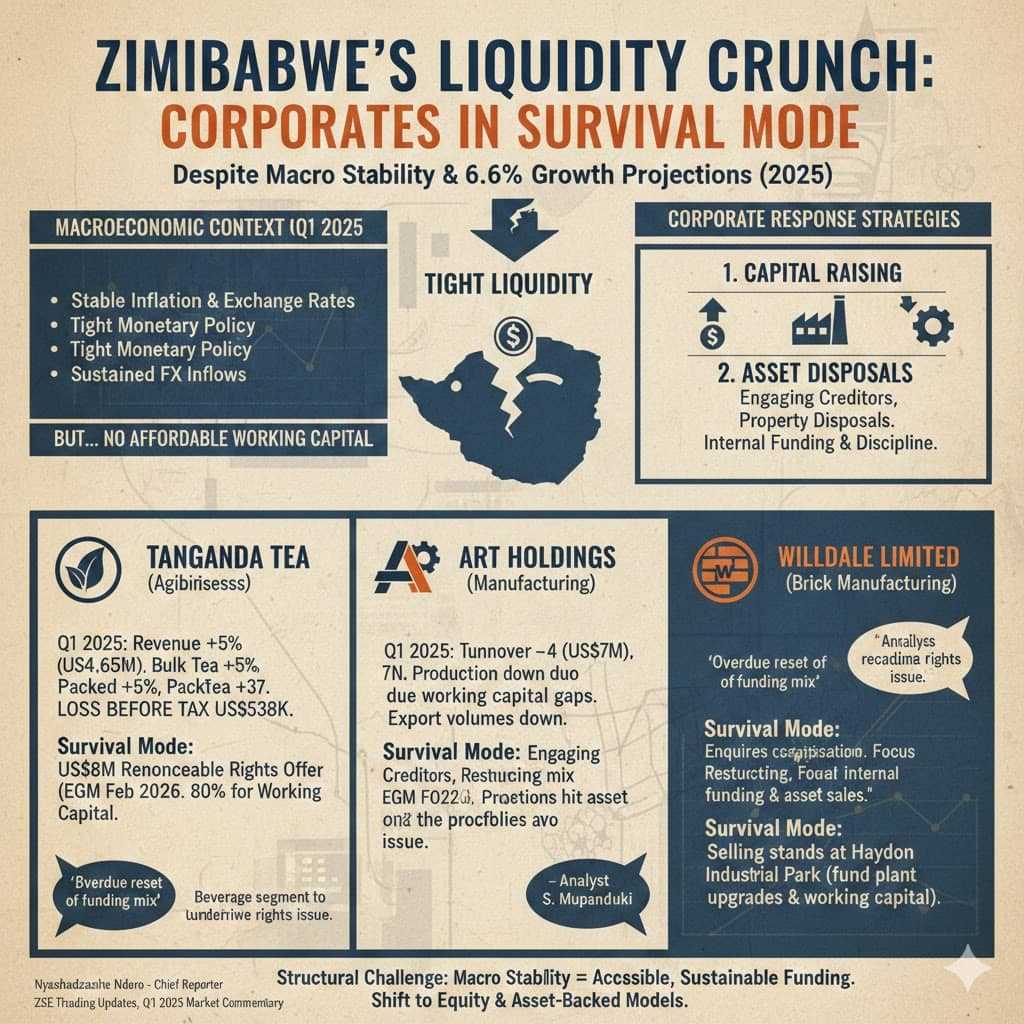
Liquid Intelligent Technologies plans to spend US$19.7 million to deliver a Software Defined Network offering known as Dataport across Africa, making it the first African company to do so.
“If African businesses want to compete with their counterparts in more developed economies, SDN is the answer,” Liquid Dataport CEO David Eurin said in a statement
The company’s recent investment decision comes after it has already spent more than US$1.5 billion on network infrastructure as part of its plan to leverage its position as the first player to offer Dataport services in Africa to gain an advantage and market share.
In its initial phase, the offering will be available in South Africa, Kenya, and Tanzania, as well as the United Kingdom and France, with additional countries and points of presence to ensure greater coverage in the future.
With the arrival of the client-controlled network, which can be scaled and customised to suit the data centre and SME user markets, customers will be able to control how much data they use as well as the speed at which they download.
“Our working methods have evolved, and our customers now expect to pay for services as they use them,” said Eurin.
Related Stories
Customers have complete oversight of services provisioned at their fingertips with Dataport, as improved visibility allows users to define secure network pathways with greater control than most other network options.
“The flexibility we’ve provided customers through this solution has enabled them to select and scale their network requirements based on their individual needs, and only pay for what they use,” said Eurin.
A subsidiary of Cassava Technologies, a pan-African technology company founded by Zimbabwean telecom entrepreneur Strive Masiyiwa, Liquid is a market leader in connectivity, innovation, and intelligent technology.
It has operations in more than 20 countries, primarily in sub-Saharan Africa.
The tech company announced the acquisition of Telrad, an Israeli technology company with a significant presence in 13 countries throughout the Middle East, South America, the United States, Eastern Europe, and Asia, in August.
This is in keeping with its plans to innovate and grow exponentially in the Israeli and international markets.




















Leave Comments